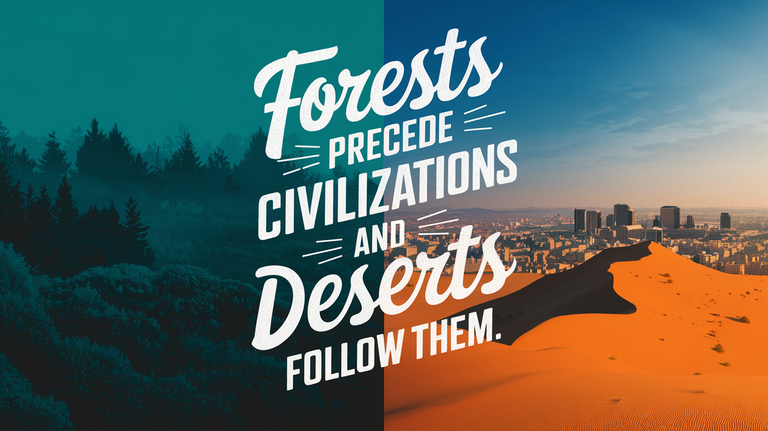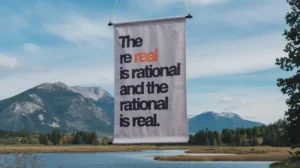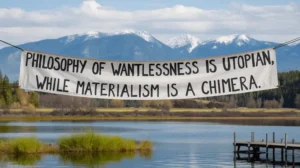From Lush Green to Barren Wasteland: The Cyclical Relationship between Humanity and Nature
The French writer and diplomat, François-René de Chateaubriand, once observed, “Forests precede civilizations and deserts follow them.” This statement encapsulates the complex and often destructive relationship between human societies and the natural world. It speaks of a pattern, repeated throughout history, where the rise and fall of civilizations leave an indelible mark on the environment, transforming lush forests into desolate wastelands.
The Rise of Civilizations: Forests as the Cradle
Forests, with their abundance of resources, have long been the birthplace of human civilizations. Early societies relied on forests for food, shelter, and fuel, forging a deep connection with the natural world. Trees provided timber for construction, fruits and nuts for sustenance, and medicinal plants for healing. The forest was not just a source of material wealth; it was also a spiritual haven, a place of mystery and wonder that inspired myths, legends, and religious beliefs.
As civilizations grew and expanded, so too did their reliance on forests. Trees were cleared to create farmland, build cities, and fuel industries. This exploitation, initially sustainable, often spiraled out of control as populations grew and demands increased. The delicate balance between human needs and environmental preservation was disrupted, setting the stage for the decline of forests and the rise of deserts.
The Fall of Civilizations: Deserts as the Aftermath
The relentless pursuit of progress and prosperity often led to the overexploitation of natural resources, including forests. Deforestation, driven by agriculture, logging, and urbanization, stripped the land of its protective cover, exposing it to the harsh elements. Soil erosion, desertification, and climate change followed, transforming once fertile landscapes into barren wastelands.
The decline of forests had far-reaching consequences for both human societies and the environment. The loss of biodiversity, disruption of water cycles, and increased carbon emissions contributed to environmental degradation and climate change. The decline in agricultural productivity, scarcity of resources, and increased vulnerability to natural disasters often led to social unrest, conflict, and the eventual collapse of civilizations.
The Cycle Continues: Lessons from the Past
The adage “Forests precede civilizations and deserts follow them” serves as a stark reminder of the consequences of unsustainable development. It highlights the need for a more harmonious relationship between humanity and nature, one that recognizes the interconnectedness of all living things and the finite nature of our planet’s resources.
The lessons from the past are clear: we cannot continue to exploit the environment without facing dire consequences. We must embrace sustainable practices that promote the conservation and restoration of forests, reduce our carbon footprint, and protect biodiversity. We must also recognize the intrinsic value of nature, not just as a source of resources but as a vital component of our well-being and the health of our planet.
Towards a Sustainable Future: The Role of Forests
Forests play a crucial role in mitigating climate change, conserving biodiversity, and providing essential ecosystem services. They act as carbon sinks, absorbing carbon dioxide from the atmosphere and helping to regulate global temperatures. They are home to a vast array of plant and animal species, many of which are essential for maintaining ecological balance. Forests also play a vital role in water filtration, soil conservation, and flood prevention.
Protecting and restoring forests is essential for a sustainable future. We must adopt sustainable forestry practices, promote reforestation and afforestation efforts, and combat illegal logging and deforestation. We must also invest in research and development to find innovative solutions for balancing human needs with environmental preservation.
Conclusion: A Shared Responsibility
The future of our planet depends on our ability to learn from the past and forge a new path forward. We must recognize that the well-being of humanity is inextricably linked to the health of the environment. By embracing sustainable practices, protecting forests, and promoting environmental stewardship, we can break the cycle of destruction and create a more harmonious and prosperous future for all.
The adage “Forests precede civilizations and deserts follow them” is not a prophecy of doom, but a call to action. It is a reminder that we have the power to shape our destiny and create a world where both humanity and nature can thrive. The choice is ours.







